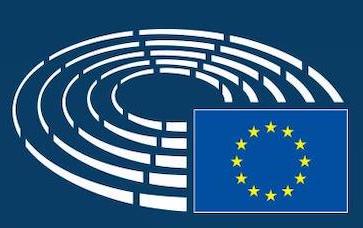Our Mission and Priorities
|
Suspects and Accused in the EU
|
-

«Whereas recognition of the inherent dignity and of the equal and inalienable rights of all members of the human family is the foundation of freedom, justice and peace in the world...» Universal Declaration of Human Rights, 1948
-

« The clearest way to show what the rule of law means to us in everyday life is to recall what has happened when there is no rule of law», Dwight D. Eisenhower
-

« L'un des plus grands freins opposés aux délits, c'est non pas la rigueur des peines, mais leur infaillibilité », Cesare Beccaria
-

« The degree of civilization in a society can be judged by entering its prisons », Fiodor Dostoievski
-

« Ho sempre considerato la sfera del diritto e quella della politica come due facce della stessa medaglia. Il mondo delle regole e il mondo del potere: il potere che crea le regole, le regole che trasformano il potere di fatto in un potere di diritto », Norberto Bobbio
-

« L'état qui engendre la règle est différent de celui que la règle engendre », Friedrich Nietzsche

